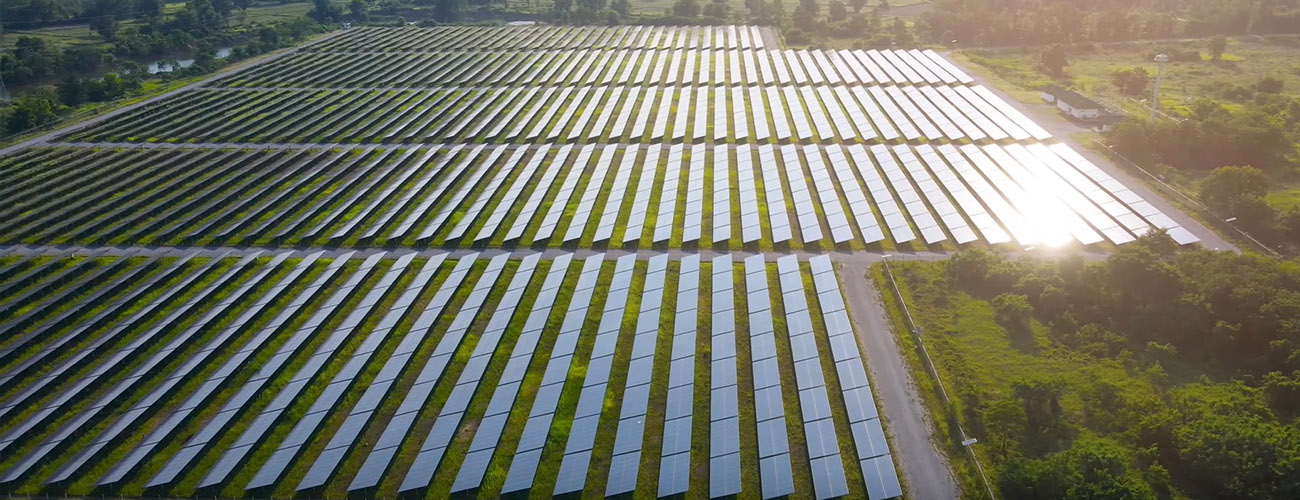

Zolaris Energy is a sub-brand of Zeren Group Holding, which has a history of over half a century and operates in 7 sectors across 6 countries.
Zolaris Energy is a dynamic company expanding its operations into key markets in Eastern Europe, with a primary emphasis on European energy trading. Utilizing advanced trading tools, ZGE aims to optimize operational efficiency in its trading activities. Zolaris Energy is also actively pursuing bilateral business opportunities and facilitating swift transactions across multiple currencies as part of its strategic growth initiatives.
Zolaris Energy ensures that clients' present and future energy requirements are met effectively. In addition to standard trading services, Zolaris Energy offers tailored structured products designed to meet the specific needs of clients across various markets and timeframes.
Our rapidly growing business is constantly learning,investing and pushing boundaries to help drive the energy transition at pace and scale. We harness and grow talent from all sectors to help accelerate the need for a low-carbon future. Our people and projects are focussed on supporting long-term sustainable growth and strengthening the resilience of the world around us.

Investing in a diverse range of renewable energy projects and technologies can help to mitigate risks associated with individual projects and market fluctuations. Diversification can also increase the potential for higher returns on investment.
Renewable energy investments often require a long-term perspective, as projects can have lengthy development timelines and returns may not be realized for several years.
Investors should focus on the long-term growth potential of projects and technologies, rather than seeking short-term gains.
Investors can increase the likelihood of successful investments by actively participating in project development, from initial planning to construction and operation. This involvement can help to ensure that projects are well-managed and meet the investor's objectives.
Working closely with local communities and stakeholders can help to address potential social and environmental concerns and increase the chances of a project's success.
This collaboration can also improve the long-term sustainability of projects and generate local support.
Exploring innovative financing models, such as public-private partnerships or crowdfunding, can help to attract additional investment and reduce the financial risk associated with renewable energy projects.

Solar energy (photovoltaic systems and concentrated solar power), wind energy (onshore and offshore wind farms), hydropower (large-scale hydroelectric dams, small-scale hydroelectric plants, and pumped storage facilities), biomass and bioenergy (solid biomass, biogas, and biofuels), geothermal energy, and ocean energy (tidal and wave power) are popular types of renewable energy investments.
Government policies and incentives, such as feed-in tariffs, renewable portfolio standards, and tax credits, can significantly impact renewable energy investments by providing financial support, creating demand for clean energy, and offering a stable income for project developers, thus making renewable energy projects more attractive to investors.
Investors should be aware of challenges and risks like regulatory and policy uncertainties, infrastructure and grid integration challenges, intermittency and reliability concerns, land use and environmental impacts, and market competition and saturation when considering renewable energy investments.
Strategies for successful renewable energy investments include diversification of investment portfolios, focusing on long-term growth potential, active involvement in project development, collaboration with local communities and stakeholders, and adoption of innovative financing models.